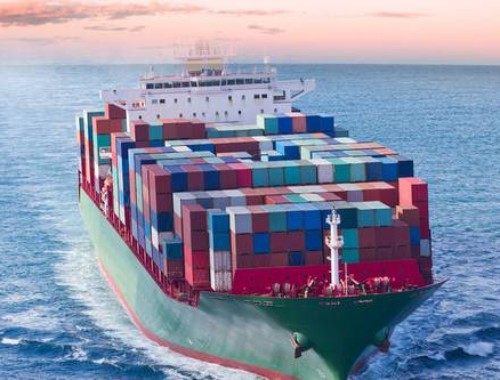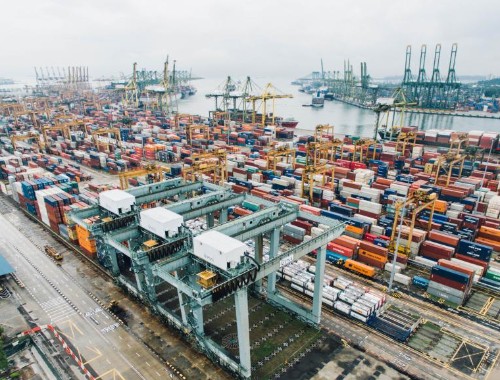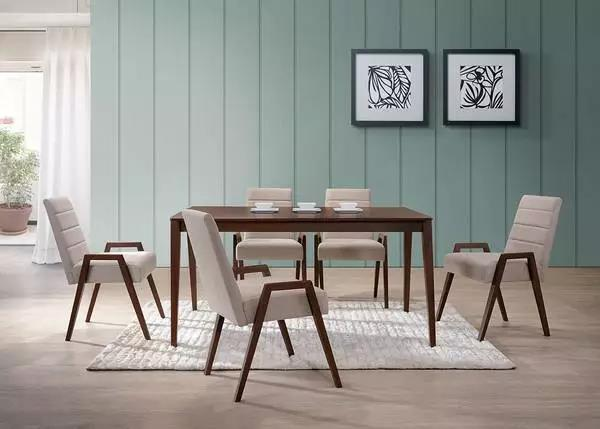Malaysia Furniture Makers May Get Profits From US-China Trade War
Malaysia’s furniture and wood-based panel makers are among businesses that could see some upside from the trade war between the United States and China, a research team from UOB Kay Hian has said.
Malaysia’s furniture and wood-based panel makers are among businesses that could see some upside from the trade war between the United States and China, a research team from UOB Kay Hian has said.
The house has issued a report based on its look at sectors facing import tariffs from both countries.
Winners
- Oil palm plantations. China’s 25 per cent duties on American soya beans could also create tightness in the market for soya bean oil by-product, the report noted. Palm oil might become a substitute, with a potential rise in crude palm oil prices on higher Chinese demand. “Accordingly, Malaysian oil palm players may stand to benefit in the process,” the UOB Kay Hian team said.
- Furniture-making. The US’ recent threat of 10 per cent tariffs on Chinese furniture imports would likely make Chinese product prices less competitive, which could benefit regional manufacturers, including Malaysian companies that deal with US-based clients.
- Wood-based panel manufacturing. The US has targeted Chinese particle boards and medium-density fibreboard with potential tariffs of 10 per cent, which could give certain Malaysian players “some potential spillover positive impact to (the) bottom line”, the report said.
Limited impact
- Rubber gloves. Malaysia’s Top Glove, Hartalega and Kossan make between one-quarter and half of their sales in North America. But the demand is mainly for nitrile gloves, and not for the vinyl gloves that face US tariffs of 10 per cent. The UOB Kay Hian report said that vinyl gloves will still be about 20 per cent cheaper than nitrile even after the tariffs, adding that it saw only “minimal spillover benefits” for Malaysian players.
- Steel. With America turning protectionist on steel production, Malaysian players nonetheless have a minimal exposure to the US market, the report noted. It added that excess supply from exporters such as Canada, Brazil, Mexico and Russia will likely not be fully diverted into Asia, given the logistics costs, while China is moving to slash its own steel capacity. Still, the analysts said that average selling prices could rise across Asia on the potential for Turkey - to ring up higher scrap metal prices.
-

Malaysia has become the top ten furniture exporters of the world
-

Malaysia is concerned that the United States bans the import of national furniture on the grounds of forced labor
-

Malaysia becomes the ninth largest furniture exporter in the world
-

China online retailer Taobao endorsing physical store in Malaysia

 沪公网安备31010402003309号
沪公网安备31010402003309号



